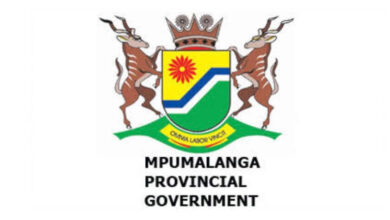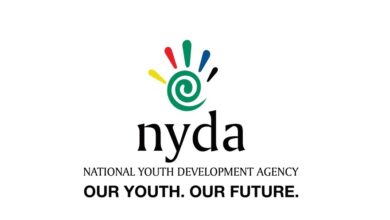Drinking Responsibly

Please tell us about what you do?
I am a senior lecturer in the school of health system and public health at the University of Pretoria. My particular area of interest is health promotion and specifically with alcohol related problems. There is a proposed maximum number of drinks that men and women should have. Obviously we talking over 18 years, we do promote that under 18 year old should have no alcohol at all.
Over 18 men should never take more than four standards drinks of alcohol in any one occasion. By that I mean people don’t often think of standard drinking, but for example a 340ml can of beer is one standard drink. Small glass of wine is one standard drink, small bottle of cider is one standard drink and a tort of whiskey or brandy is one tort not a double tort. So as soon as you start talking doubles its two drinks in one glass.
People tend to not be very conscious of what the actual alcohol content is in the beverage that they are drinking and so that’s a big problem. They would say they only had two drinks and actually that were two doubles and already they becoming quite drink and already over the limits for safe driving as well. For women I would advice with not more than two standards of drinks.
They are different challenges of alcohol abuse which can be extremely high, what’s your take on that?
Unfortunately they are very negative consequences and arrange of consequences to alcohol abuse. So we talking about people who are practising risky drinking it’s not necessarily people who are alcoholic or alcohol dependent, its people who are partying in a social occasion, some will have too many drinks. You can also have a range of problems like interpersonal conflict which leads to violence and injuries, you can have rape or regretted sex were the might be concert between people but in fact if they were sober they wouldn’t have gone ahead with that sexual encounter. Then it widens to things like child neglect and running out of money for basic in the household and for family. So it ranges from social consequences to injury violence and the concern of road traffic accident.
What is the difference between alcoholism or alcoholics and alcohol abuse?
Somebody who we call an alcoholic which is an old term, we prefer to call them an alcohol dependant are people who really need to drink alcohol everyday and they have a physiological need that they need to keep alcohol in their systems. Very few South Africans are alcohol dependants; in any society it will be less than one percent that is alcohol dependant. My concern is more on those who are practising risky drinking and South Africans unfortunately do have on average a fairly high rate of alcohol intake, but it’s all over the weekends. Instead of taking one per day as some of the European countries might do and that’s regarded as not a problem, we take all seven on one evening on the weekends so we are into binge drinking and that’s the problem, is that we take all our alcohol at once.
What can communities and society do to actually address this challenge?
Well I think it is a community wide problem and it cuts across all social strata and they are some key things that communities can do. One is to try and shift the norms and values were it becomes less and less acceptable for people to get drunk. I think at the moment in most of our communities is still fairly acceptable and it’s a laughing matter if somebody is getting drunk. Where’s one can work towards it not being acceptable and people would not soldiery go over their personal limits and what’s a safe limit in terms of alcohol use.
But then there are some concrete things that one can also do in relations to their actual environment in which people are drinking, people who are selling alcohol need to take more responsibility for the selling of the alcohol especially when we talking house parties and taverns. The environment in which people are sitting and interacting can be improved so that there is less likely hood of interpersonal tension and overcrowding which can spark off your interpersonal conflict. So people selling alcohol should sell to a restricted number of people, not selling to people who are already drunk and not selling to under 18s.
It’s very common in societies that parents send children to buy alcohol for them, what can be done to address that issue?
Well again it’s the seller’s fault, it is illegal for any other under 18 to receive alcohol from somebody who is selling drinks even if that under 18 says it’s for their mother or father that’s forbidden and community members can also report such sellers to the provincial liquor board. Because there is a legislation preventing that and again it also relates to the norms, parents should not be asking their children who are under 18 to go and buy alcohol. Besides the act of buying illegally alcohol for the parents it’s also in a way sending a message to that child that it’s okay to be drinking alcohol and possibly in unsafe ways as well.
What are the contact details that people can call to get information on alcohol abuse?
One of the common numbers that is promoted is to phone Life line, if you concern about yourself or somebody close to you who has an alcohol problem Life line can help you. The Life line number on a national level is 0861 322 322, the is also the South African Council on Alcoholism and Drug dependency (SANCA) their Johannesburg number is 011 781 6410 and they have outpatient counselling services on a once off basis as well as rehabilitation programmes for people who need more intensive treatment. Then they are Alcoholics Anonymous (AA) branches all over the country and their help line is 086 143 5722.




